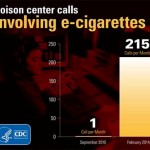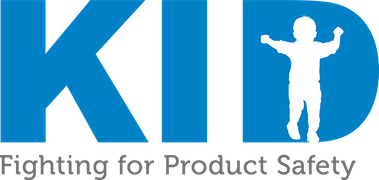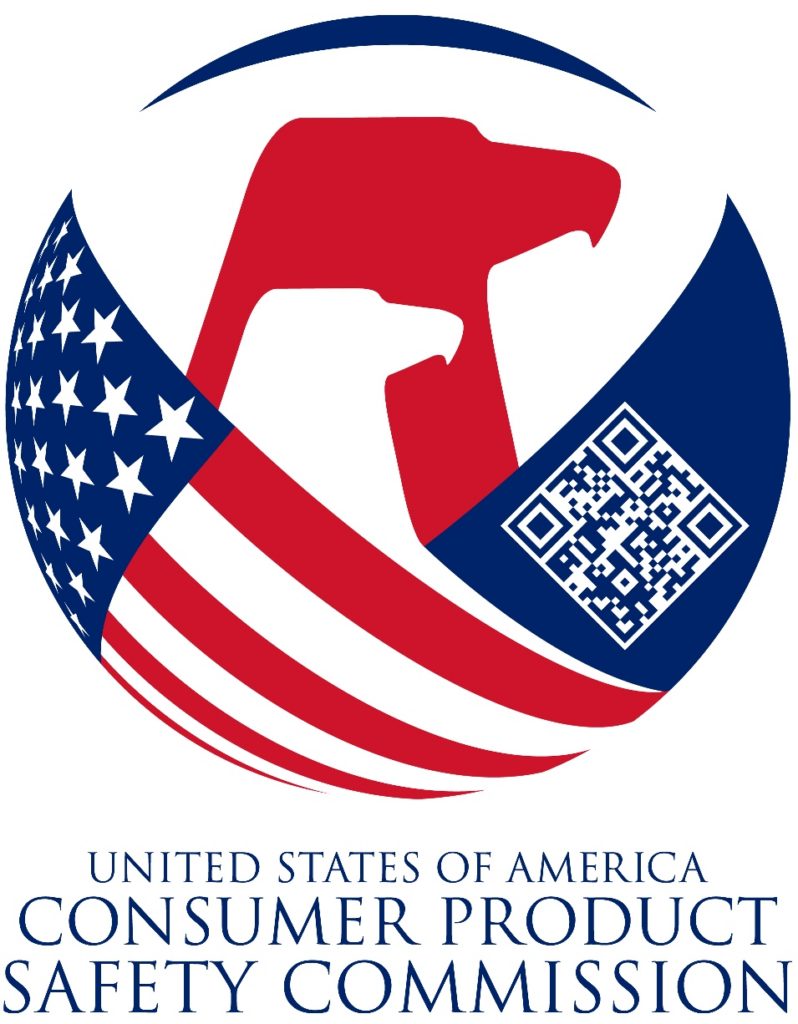 Traditional cigarettes are being phased out in favor of the modern e-cigarette. With this new trend however comes a new danger. Center for Disease Control (CDC) research shows that reports to poison control centers of child exposures to liquid nicotine– often colorful, flavored, and hence attractive to children – has skyrocketed in recent years.
Traditional cigarettes are being phased out in favor of the modern e-cigarette. With this new trend however comes a new danger. Center for Disease Control (CDC) research shows that reports to poison control centers of child exposures to liquid nicotine– often colorful, flavored, and hence attractive to children – has skyrocketed in recent years.
Earlier this month, Senator Bill Nelson introduced the Child Nicotine Poisoning Prevention Act of 2014. This legislation recognizes the danger that liquid nicotine used to refill electronic cigarettes poses to small children and gives the U.S. Consumer Product Safety Commission (CPSC) the authority to require the use of child-proof packaging on liquid nicotine containers sold to consumers.
Recent data from the CDC indicate that there were 215 calls to poison control centers related to e-cigarettes in February 2014 alone, up from only one call per month in 2010. Liquid nicotine is highly toxic and sold in a highly concentrated form. The amount in one small bottle is enough to kill a toddler.
In addition, these products come in bright colors and candy flavors that make these substances likely candidates for ingestion by young children. Alarmingly, these products are often sold in containers without any child-proofing, and there are currently no federal requirements for child-proof packaging for liquid nicotine despite the highly toxic nature of these products. Given that liquid nicotine may also be absorbed quickly through the skin as well as ingested, children are in extreme danger of being poisoned without simple safeguards to ensure that these liquids stay sealed in their containers.
In Illinois, legislators have already recognized this problem and acted accordingly by voting on and passing legislation on child safe e-cigarettes. HB 5689 amends the Poison Prevention Act to provide that e-cigarette cartridges and liquids sold and marketing for the refilling of e-cigarettes cartridges may be sold only in special packaging determined by the Department of Public Health. This awareness and action on the state level lends credence to a push for nationwide safety legislation.
Urge your US Senators to support S.2581 to protect children from this harmful substance.


